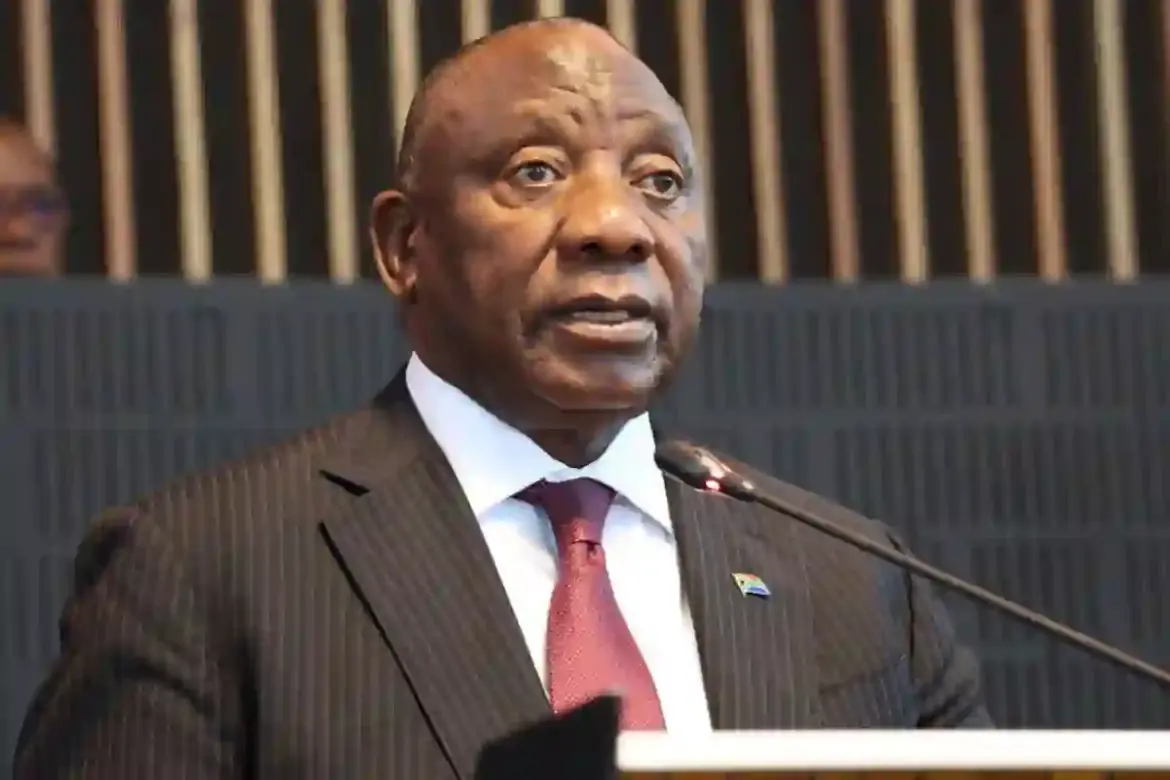As South Africa continues to grapple with systemic corruption, President Cyril Ramaphosa has revealed plans for a permanent, independent watchdog aimed at tackling these deep-rooted issues.
The announcement follows the final report from the National Anti-Corruption Advisory Council (NACAC), which has completed its three-year mandate advising the Presidency.
Established in 2022, NACAC has guided the National
Anti-Corruption Strategy and now recommends the creation of the Office of Public Integrity and Anti-Corruption. This new body would investigate, prevent, and address corruption across both public institutions and private enterprises, reflecting a key recommendation from the State Capture Commission.
Prevention Over Punishment
In his weekly letter to the nation, Ramaphosa emphasized that fighting corruption goes far beyond making arrests.
He argued that dismantling networks of patronage, reinforcing institutions, and closing regulatory loopholes are crucial steps toward meaningful reform.
“True success lies in prevention before corruption takes root in government, businesses, or civil society,” he wrote.
The NACAC report also highlighted the need for better coordination among law enforcement agencies, the use of Artificial Intelligence to detect irregular activities, and a national data-sharing framework to streamline anti-corruption efforts.
Corruption Beyond the State
Ramaphosa pointed out that corruption isn’t limited to public offices.
Tax evasion, market manipulation, inflated contracts, and tender collusion in the private sector also cause serious economic harm.
“These practices often receive less scrutiny but are equally damaging,” he noted.
Ongoing Investigations Targets include major entities like the South African Post Office, Postbank, Eskom, Transnet, various municipalities, water authorities, and a reportedly corrupt fuel tender.
“This year has seen several arrests linked to alleged corruption in Eskom, the South African Police Service, Transnet, and municipalities,” Ramaphosa said.
“While the allegations are disturbing, it is encouraging that they are being detected and acted upon.”
The Legacy of State Capture
The State Capture Commission, which ran from 2018 to 2021, uncovered entrenched corruption across state-owned enterprises and government tenders.
More than 1,500 individuals were implicated, yet only a handful have faced arrests or prosecutions.
Ramaphosa has faced criticism for retaining some figures implicated in corruption within his cabinet.
He insists that the government is committed to implementing the commission’s recommendations, stating:
“The fight against corruption is complex, multi-faceted, and protracted.
It requires institutional reform as much as enforcement.”
The Road Ahead
The proposed Office of Public Integrity and Anti-Corruption aims to fill the gaps left by previous efforts, combining preventive measures, enforcement, and innovation to combat corruption more effectively.
As South Africans await tangible results, questions remain: Will this new anti-corruption watchdog finally deliver real accountability?
